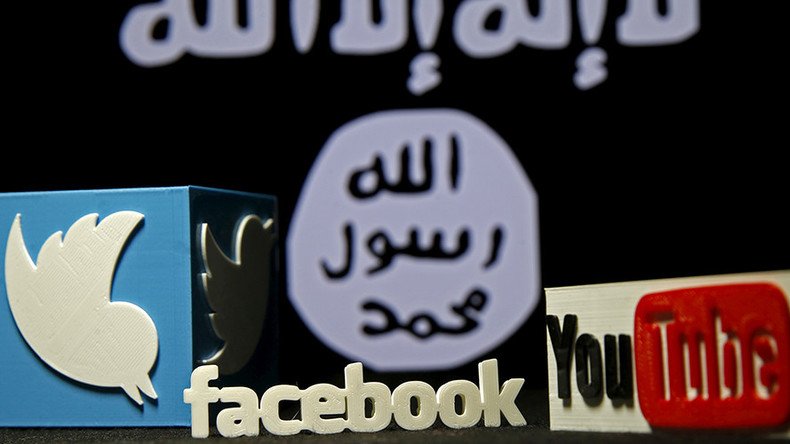Microsoft, social network giants team up to track terrorist content

Facebook, Microsoft, Twitter and YouTube have joined forces to fight the spread of terrorist propaganda online. Together they say they will create a “digital fingerprints” database of terror-linked content that also respects privacy and freedom of speech.
“Our companies will begin sharing hashes of the most extreme and egregious terrorist images and videos we have removed from our services – content most likely to violate all of our respective companies’ content policies,” the tech giants’ statement reads.
The database the four giants are going to launch is similar to a technology that Google has been using to scan for pictures involving child abuse.
Its automatic image search compares “hashes” of images ‒ a unique code created by running an image through a simple algorithm ‒ that is then compared to a database of hashes produced by known images of child abuse. Similar technologies are also used to identify copyright-protected files.
Facebook, Microsoft, Twitter and YouTube are essentially going to be doing the same.
“Starting today, we commit to the creation of a shared industry database of ‘hashes’ – unique digital ‘fingerprints’ – for violent terrorist imagery or terrorist recruitment videos or images that we have removed from our services,” the companies said.
Once a company detects prohibited content, it will independently determine what image and video it wants add to the database.
Anticipating outcries of privacy concerns, Facebook assured that “no personally identifiable information” will be shared between the companies and that posts matching the “fingerprints” won’t be immediately removed.
“Each company will continue to apply its own policies and definitions of terrorist content when deciding whether to remove content when a match to a shared hash is found,” the companies said, stressing that they are “committed” to protecting privacy and freedom of speech.
READ MORE: Google admits scanning Gmail for kiddie porn after turning in pedophile
It will also be an individual decision in each company’s case, whether or not they apply practices of transparency and how to deal with any government requests.
Facebook, Microsoft, Twitter and YouTube are just starting to set up their database, but they hope that as they uncover new terrorist images, more companies will join.













